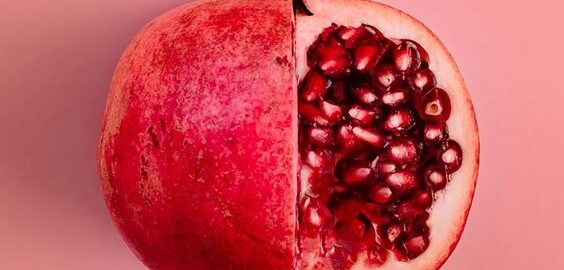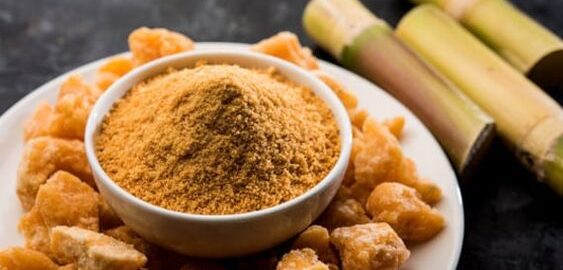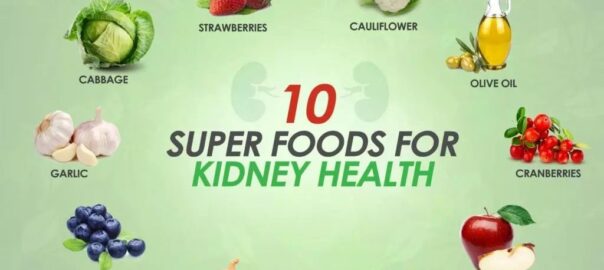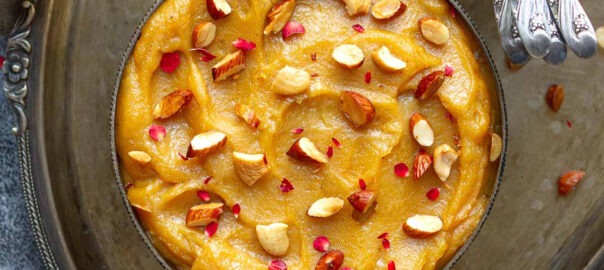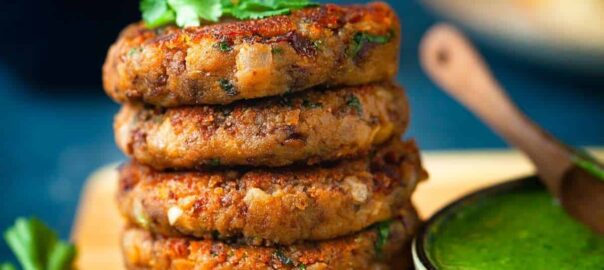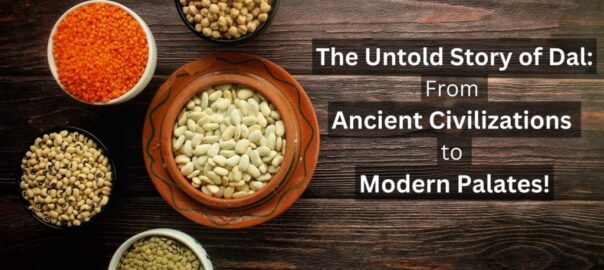Introduction
When it comes to nutritious and wholesome food, dals (also known as lentils) play a crucial role in many cuisines around the world. Packed with essential nutrients, dals are not only a staple in vegetarian and vegan diets but also a great source of protein and fiber for individuals seeking a healthier lifestyle. In this article, we will delve into the world of dals and explore which varieties offer the maximum health benefits. From protein content to vitamin and mineral profiles, we will highlight the nutritional powerhouses that can boost your well-being.
Understanding the Importance of Dals in a Healthy Diet
Dals are legumes that come in various shapes, sizes, and colors. They are not only affordable and versatile but also packed with nutrients that are vital for maintaining good health. Consuming dals regularly has been linked to numerous health benefits, including improved digestion, weight management, reduced risk of chronic diseases, and enhanced overall well-being.
Protein-Rich Dals for Muscle Growth and Repair
Protein is an essential macronutrient responsible for building and repairing tissues, supporting muscle growth, and aiding in various metabolic processes. Several dals are excellent sources of plant-based protein, making them an ideal choice for vegetarians and vegans. Among the protein-rich dals, chickpeas (also known as garbanzo beans) and lentils stand out, providing a substantial amount of protein per serving.
Fiber-Packed Dals for Digestive Health
A diet rich in fiber promotes healthy digestion, aids in maintaining a healthy weight, and reduces the risk of conditions such as constipation and diverticulitis. Dals, particularly split peas, black beans, and red lentils, are excellent sources of dietary fiber. Including these fiber-packed dals in your diet can contribute to improved digestion and a healthy gut.
Dal Varieties for Heart Health
Maintaining a healthy heart is crucial for overall well-being. Dals can be an integral part of a heart-healthy diet due to their low saturated fat content and high levels of potassium and folate. Kidney beans, black lentils, and mung beans are notable choices for promoting heart health as they contain compounds that may help reduce the risk of heart disease and support healthy blood pressure levels.
Antioxidant-Rich Dals for Cellular Protection
Antioxidants play a vital role in protecting our cells from damage caused by free radicals, which are unstable molecules that can contribute to chronic diseases and aging. Black lentils, black-eyed peas, and pigeon peas are dals that stand out for their antioxidant properties. These varieties are rich in compounds such as anthocyanins, flavonoids, and phenolic acids, which exhibit powerful antioxidant effects.
Dals with Essential Micronutrients
Dals are not only a source of macronutrients like protein and fiber but also provide an array of essential vitamins and minerals. Chickpeas, for instance, are a great source of iron, magnesium, and vitamin B6, while red lentils are rich in folate and potassium. By incorporating a diverse range of dals into your diet, you can ensure an adequate intake of these vital micronutrients.
Choosing the Right Dal for Your Health Goals
The choice of dal depends on various factors, including personal preference, dietary restrictions, and health goals. For individuals aiming to boost protein intake, chickpeas and lentils are ideal options. Those seeking to
improve digestion may benefit from split peas and red lentils, while individuals concerned about heart health can opt for kidney beans, black lentils, or mung beans. To harness the antioxidant power of dals, consider incorporating black lentils, black-eyed peas, or pigeon peas into your meals.
Conclusion
In conclusion, dals offer a wealth of health benefits and are an excellent addition to any balanced diet. With their rich protein content, fiber-packed goodness, and a wide array of essential vitamins and minerals, dals can contribute significantly to your overall well-being. By understanding the unique properties of different dal varieties, you can make informed choices that align with your health goals. So, why not start incorporating these nutritional powerhouses into your meals today and reap the maximum health benefits they have to offer?

